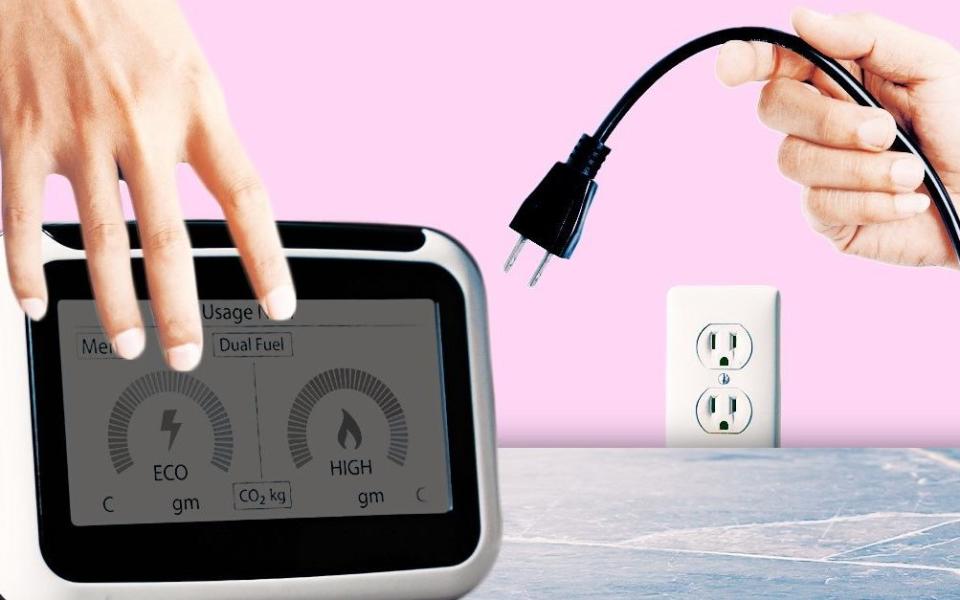Energy firms accused of using smart meters to ‘disconnect customers by back door’

Energy firms have been accused of moving households on to pre-payment smart meters to disconnect them “by the back door”.
The Government has been urged to ban pre-payment installations through court orders and smart meters amid fears customers are being forced to disconnect their own services after being moved onto more expensive systems.
The End Fuel Poverty Coalition, a group of 60 campaign groups and local authorities, has warned that without a ban, hundreds of thousands of households will be pressured to cut off their own energy supplies this winter.
Forcing households who are in debt onto PPMs means energy firms are able to skirt rules that prevent them disconnecting vulnerable people from their supplies over the winter, the coalition warned.
Ruth London, of Fuel Poverty Action, a campaign group, said imposing PPMs on customers is “disconnection by the back door” and puts vulnerable households in severe danger.
“Imposing it is violent, and in the present situation it is likely to swell the numbers of excess winter deaths,” Ms London said.
Pre-payment meters are more expensive than rolling monthly payments and mean that households often simply stop using their energy supplies.
The End Fuel Poverty Coalition warned that energy firms are increasingly pushing customers onto pre-payment meters as a form of “revenue protection” when households fail to pay their bills. This newspaper previously revealed how some suppliers are forcibly installing PPMs remotely by switching customers’ smart meters from credit to pre-payment mode.
Others are installing the devices using court warrants, which campaigners say are likely being “rubber stamped” by magistrates’ courts without being considered on a case-by-case basis.
In the first six months of 2022, there were 187,000 applications for these warrants, according to a Freedom of Information request. The End Fuel Poverty Coalition said this makes it “difficult to believe” these warrants are being considered individually.
Energy firms must assess households to check that it is safe to install a PPM and ensure that customers are given proper notice of the changes, campaigners said.
Earlier in November, Ofgem, the energy regulator, wrote to suppliers about “what appear to be serious failings regarding how suppliers treat vulnerable smart meter consumers”.
Switching smart meters from credit mode to pre-payment mode without full regard of licence conditions has brought “serious detriment” to customers, Ofgem warned. “Most worryingly, some vulnerable consumers have been left off supply,” it added.
Prepayment meters should not be installed or remotely switched without assessing households for vulnerability, in accordance with suppliers’ licence conditions, Ofgem said.
But members of the End Fuel Poverty Coalition report that energy firms have continued with the practise.
Joe Cole, of Advice for Renters, a tenant campaign group, said: ”One of our clients who suffers from PTSD was switched from his smart meter to pre-payment without notice and came close to suicide before the energy company were alerted by us and put his account back into credit.”
Ofgem and the Government did not respond to requests for comment.

 Yahoo Finance
Yahoo Finance 